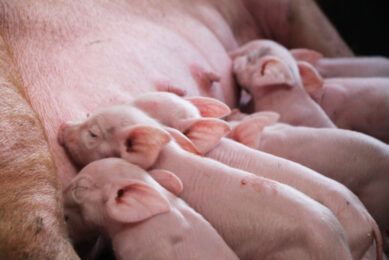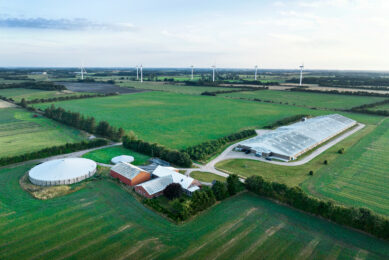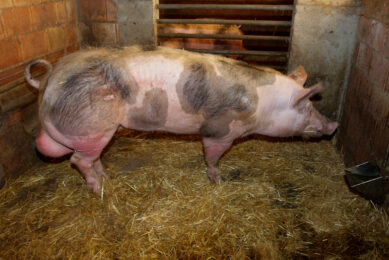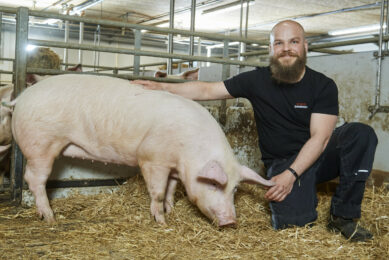Plant growth regulators don’t affect fertility
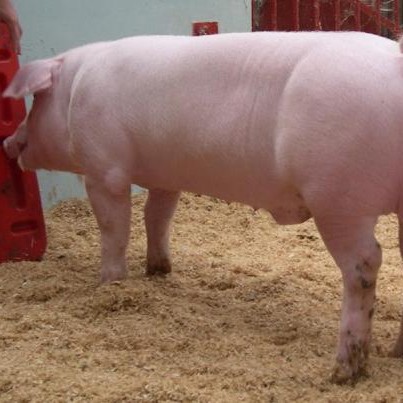
Research results from the University of Aarhus have revealed that plant growth regulators in pig feed have no adverse effect on pig fertility.
New results from the Faculty of Agricultural Sciences (DJF) at the university reveal no adverse effects on sow or boar fertility. The experiment was carried out in collaboration with Copenhagen University Hospital and the Technical University of Denmark.
CCC
“We have not been able to confirm the common conjecture that the plant growth regulator chlormequat, also called CCC, has a detrimental effect on pig reproduction,” explains senior scientist Martin Tang Sørensen from the Department of Health, Welfare and Nutrition at DJF.
The study included both boars and sows. The boars were exposed to CCC throughout their lives including the foetal stage, as their mothers were given CCC-enriched feed from the day they were inseminated.
Weaning
After weaning, the boars continued receiving CCC in their feed until the end of the experiment. The intake of CCC by the animals was at the maximum permitted level for humans.
There was no sign of boar semen quality having deteriorated in terms of either sperm count, sperm activity or the ability of the sperm to fertilise compared with the sperm from boars in a control group.
Neither could scientists establish any adverse effects of CCC on sows.
Related websites:
• University of Aarhus
• Copenhagen University Hospital
• Technical University of Denmark
For the latest pig news, subscribe here
CCC
“We have not been able to confirm the common conjecture that the plant growth regulator chlormequat, also called CCC, has a detrimental effect on pig reproduction,” explains senior scientist Martin Tang Sørensen from the Department of Health, Welfare and Nutrition at DJF.
The study included both boars and sows. The boars were exposed to CCC throughout their lives including the foetal stage, as their mothers were given CCC-enriched feed from the day they were inseminated.
Weaning
After weaning, the boars continued receiving CCC in their feed until the end of the experiment. The intake of CCC by the animals was at the maximum permitted level for humans.
There was no sign of boar semen quality having deteriorated in terms of either sperm count, sperm activity or the ability of the sperm to fertilise compared with the sperm from boars in a control group.
Neither could scientists establish any adverse effects of CCC on sows.
Related websites:
• University of Aarhus
• Copenhagen University Hospital
• Technical University of Denmark
For the latest pig news, subscribe here



